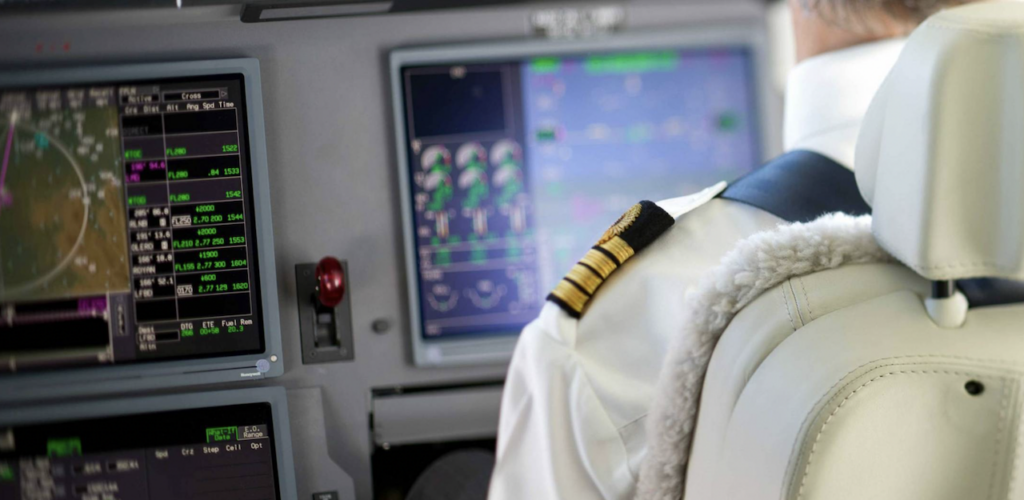
Though the need for pilots and maintainers across the industry is at an all-time high, “the demand is certainly right now outpacing supply,” said Sheryl Barden, the president and CEO of staffing specialists Aviation Personnel International (API).
The company is celebrating its 50th anniversary this week at NBAA-BACE 2022.
Among the constraints are “pilots that used to come to business aviation from regional airlines, or the military are now going right to airlines, and they’re not coming,” Barden said.
And though recruiting executives isn’t a challenge, she said, “Finding the individual contributors is much harder than the leadership because it’s very difficult to get somebody to make a lateral move in this market.”
Meanwhile, lowering the 1,500-hour requirement for earning an ATP certificate won’t solve the pilot shortage, she said, because business aviation typically demands pilots with at least 3,000 to 4,000 hours of experience.
Greater workplace inclusivity and diversity can expand the labor pool, but advocates for the cause “are not necessarily met with open arms,” said API v-p Jennifer Pickerel, chair of the NBAA diversity, equity, and inclusion working group.
“If the corporation isn’t prepared to receive that underrepresented person and they’re hired simply because someone’s checking a box, then the [employer and recruit] have a terrible experience.”
But a growing number of talent seekers are changing practices and policies to provide a more inviting environment for tomorrow’s workforce, according to API. Examples include flight departments that have internship programs and invest in training for recruits; companies changing duty schedule policies so pilots get sufficient time off and adjusting compensation to reflect real-world demand; and rethinking job requirements, such as having a pilot to lead the flight department, even though a maintenance technician may have far more practical experience in that arena. But, Barden admits, these efforts “are no silver bullet.”
“Business aviation needs to extol its virtues better,” she said. “We have not put together a collective voice, or collective recruiting for our industry. When you have a recruiter from Delta standing in front of you saying, ‘Here’s your contract,’ it’s really hard to entertain other options.”
This article originally appeared in Aviation International News on October 18, 2022. View here.
